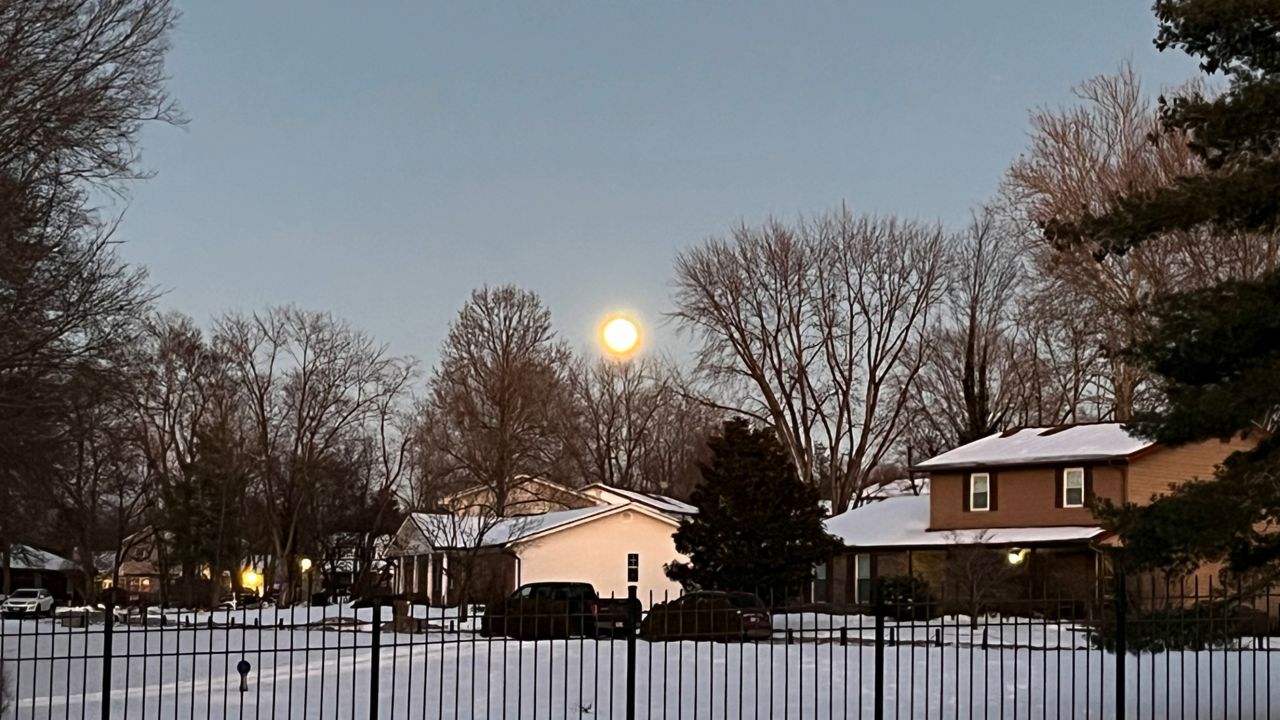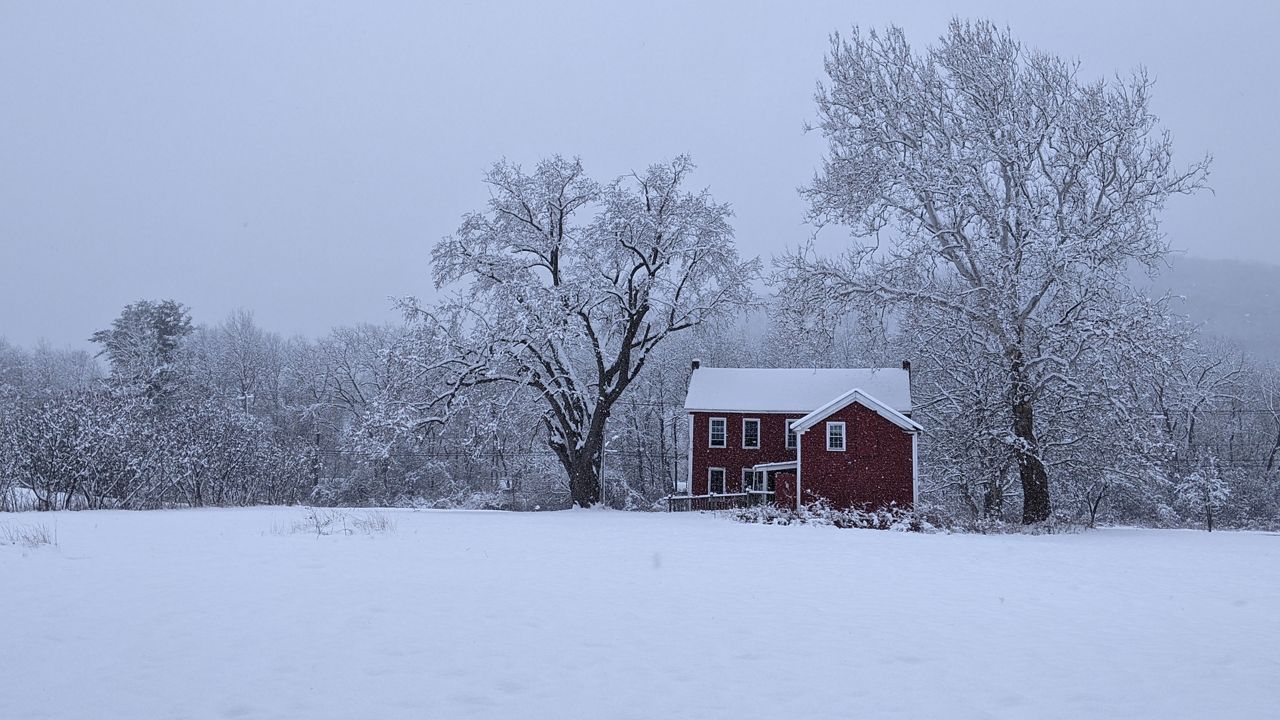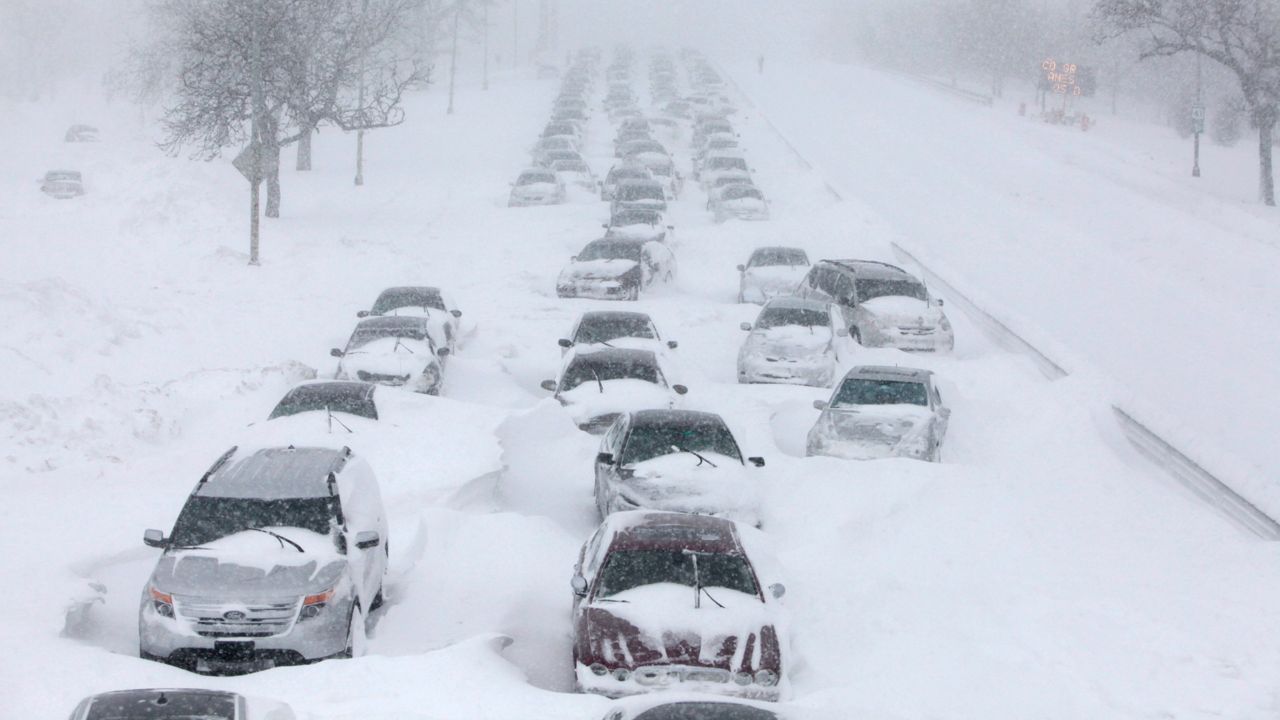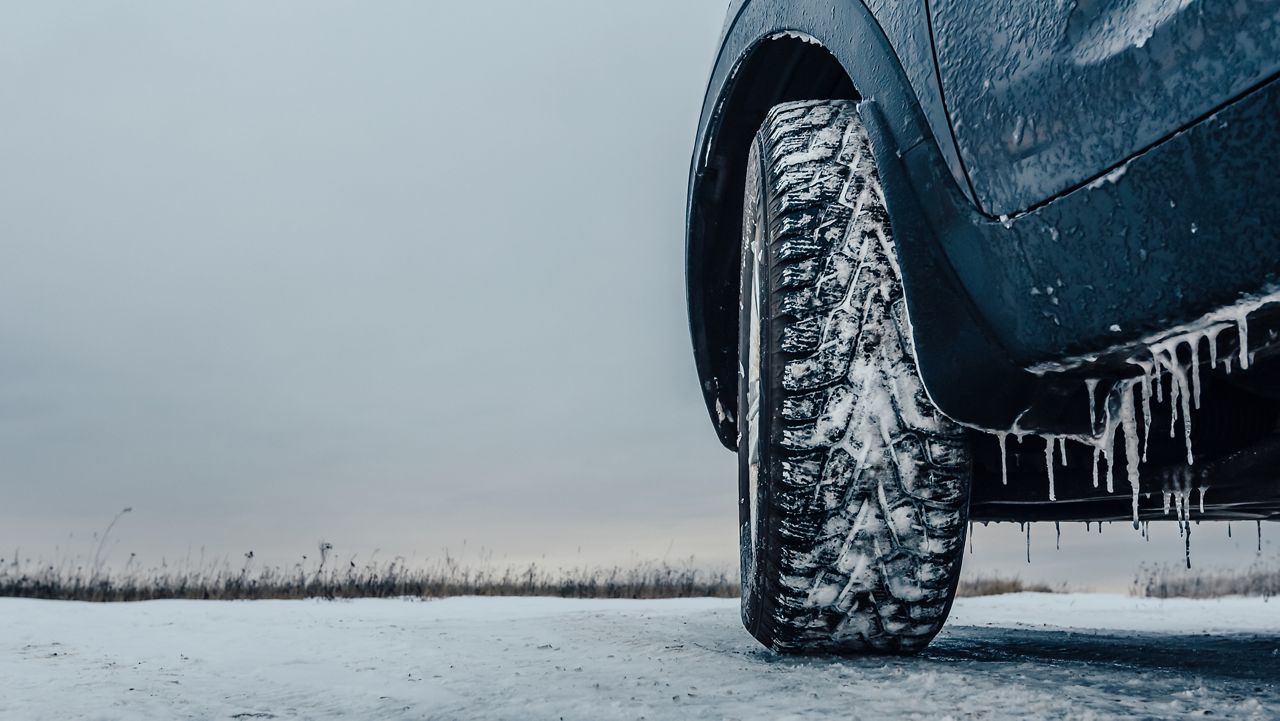You may remember summer beginning on June 21 or June 22. It's a little earlier this year.
June 1 is always the beginning of meteorological summer. However, the official start of summer, astronomical summer, varies from year to year. This year, summer begins at 10:42 p.m. ET on Friday, June 20, 2025.
Seasons are caused because the Earth is tilted on its axis by 23.5°. Earth’s rotation around the sun is responsible for two equinoxes and two solstices: vernal (spring) equinox, autumnal equinox, summer solstice and winter solstice.
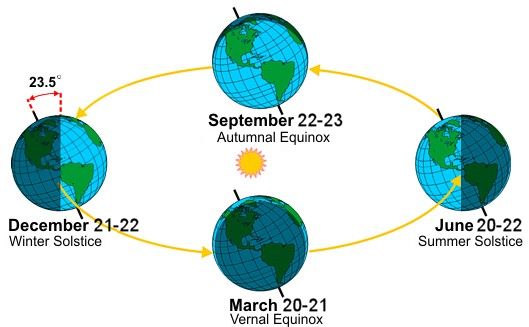
Since it takes the Earth 365.25 days to travel around the sun, we have a leap year every four years to make up for the extra quarter of a day. That’s why the date of our solstices and equinoxes can vary from year to year.
Meteorologists and climatologists group the seasons into three-month cycles based on the annual temperature cycle. This means a meteorological season begins on the same date every year, which is helpful when tracking trends in climate.
In the northern hemisphere, meteorological summer encompasses the hottest three months of the year, climatologically: June, July and August.
Just in time for the beginning of summer, some spots are feeling summer heat creeping in. The 90-day temperature outlook shows likely above average temperatures for much of the country, especially in the Northeast and in the West.
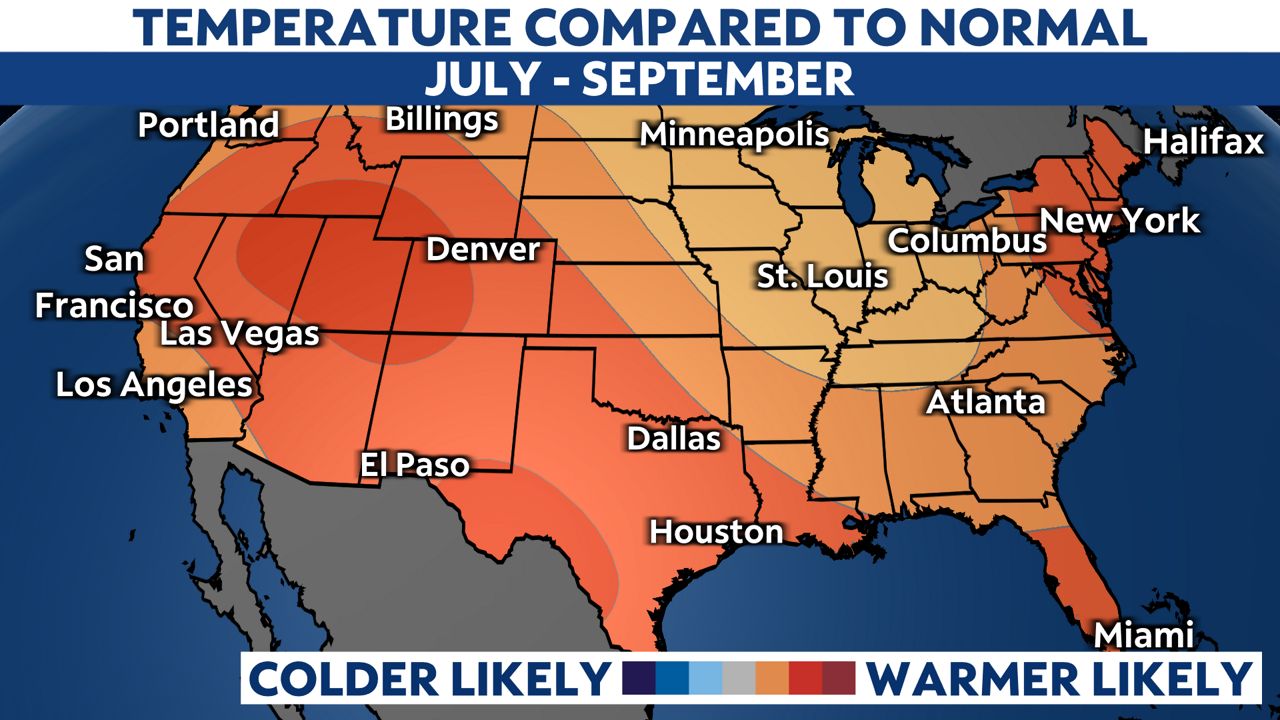
While summer typically prompts more outdoor activities, you want to be safe. Stay hydrated and take frequent breaks, especially during peak heating during the day. Don’t forget about your pets! The pavement can heat quickly so it may be best to adjust your walking schedule to mornings and later in the evening.
Our team of meteorologists dives deep into the science of weather and breaks down timely weather data and information. To view more weather and climate stories, check out our weather blogs section.






